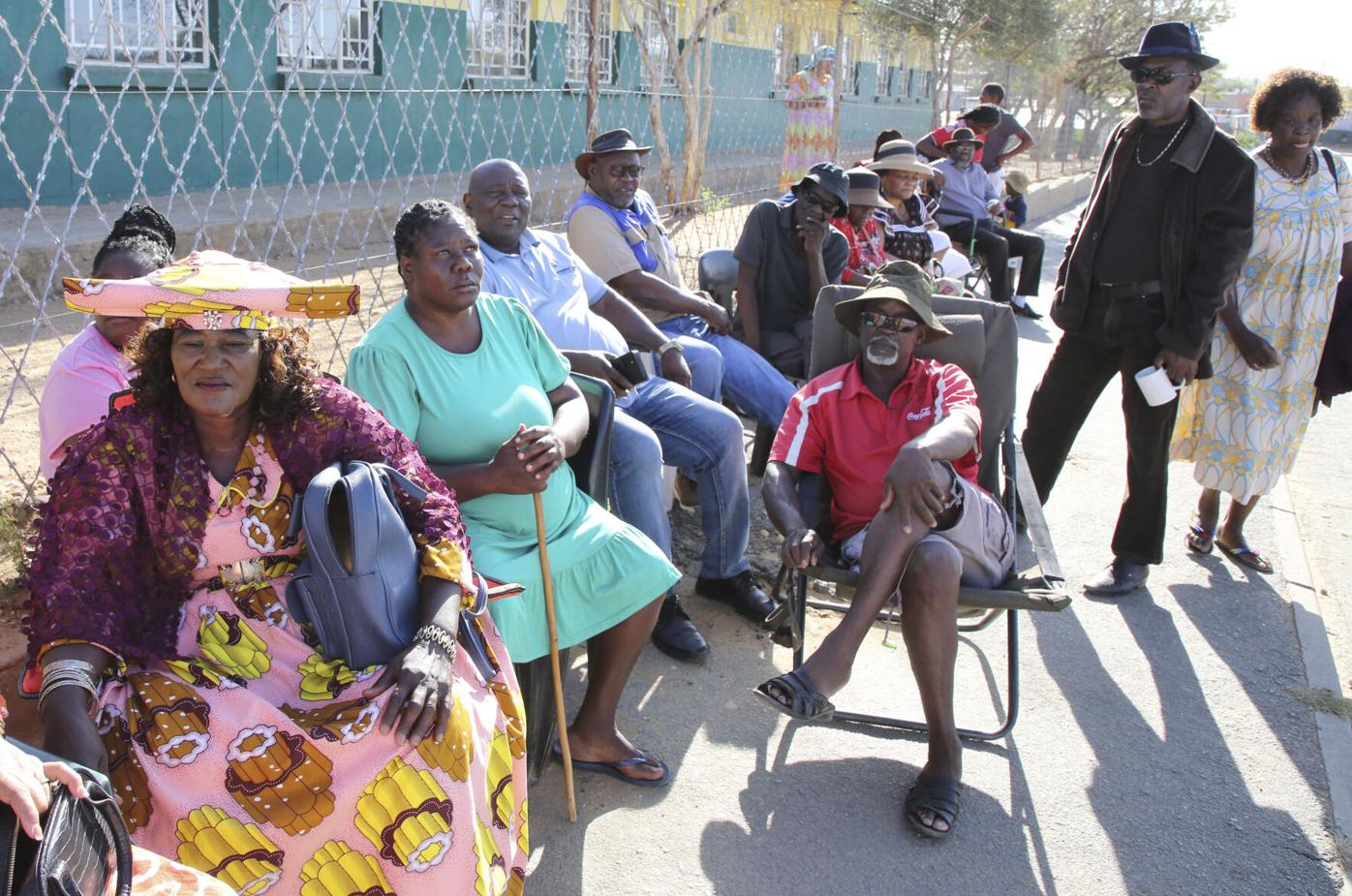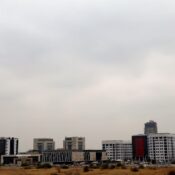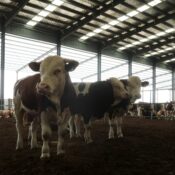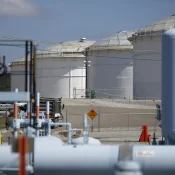
Namibia holds its most contested election in decades, choosing a new president
In what may be a difficult election for the ruling SWAPO party to win, voters lined up outside polling places in Namibia’s capital, Windhoek, on Wednesday morning to cast their ballots for a new president and parliament.
Since helping the country in southern Africa gain independence from South Africa’s apartheid regime in 1990, SWAPO has been in charge of it. If elected, Vice President Netumbo Nandi-Ndaitwah, the country’s presidential candidate, will become the first female head of state.
Political observers claimed that although older and rural voters’ longstanding commitment to the party may help it survive, there is a chance that young people tired of high unemployment, inequality, and corruption accusations will overthrow SWAPO.
Although some voters had been there since the previous evening, the polls opened at 0700 local time (0500 GMT).
“I arrived here at 0630 GMT, however there was a big line. I didn’t have this experience in 2019,” teacher Tuna Alweendo stated.
The vast majority of young people believe that they want to alter their nation and get involved in politics. She suggested that it might have inspired them to say, “Let’s go out (and) vote.”
In the 2019 presidential election, SWAPO’s support dropped from 87% in 2014 to 56%. A contender must receive more than 50% of the vote in order to win the presidency; else, a runoff would be held. The National Assembly is subject to separate voting by Namibians.
The opposition’s 14 candidates are led by Panduleni Itula, a former dentist who entered politics and finished second in 2019.
After previous president Hage Geingob passed away in February, Namibia is currently managed by interim president Nangolo Mbumba, who is not seeking reelection.
After voting at a Windhoek elementary school, Nandi-Ndaitwah declared, “Unemployment is the biggest challenge we have in this country right now.”
She stated, “Our priority is job creation, particularly among our youth,” and blamed the COVID-19 pandemic and recurrent droughts for making matters worse.
Investments in gas, oil, and renewable hydrogen have propelled Namibia’s economy to comparatively robust development in recent years. However, according to World Bank data, it has the second-highest rate of income disparity worldwide.
The electoral commission estimates that 1.4 million people are registered to vote in the thinly populated nation of about 3 million. Results should be available in a few days.
All Categories
Recent Posts
Tags
+13162306000
zoneyetu@yahoo.com



